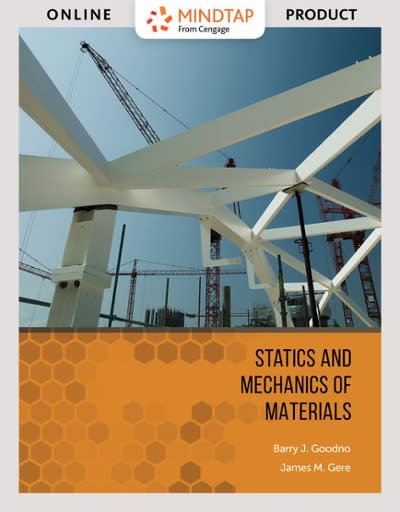Question
(A) The First Amendment is a big one, with lots of USSC cases stemming from it. With respect to religious liberty, the amendment's beginnings are
(A) The First Amendment is a big one, with lots of USSC cases stemming from it. With respect to religious liberty, the amendment's beginnings are often subdivided into two parts: the Establishment Clause and the Free Exercise Clause.
As to the former--the Establishment Clause--the "Lemon Test" is often invoked to describe an "establishment of religion". See the following: https://www.uscourts.gov/educational-resources/educational-activities/first-amendment-and-religionLinks to an external site. . (Yes, some Justices have considered other methods here instead, but none are consistent. And yes, in a 2022 ruling entitled Kennedy v. Bremerton School DistrictLinks to an external site., many headlines were made that the "Lemon Test" has been effectively overturned, but it hasn't been specifically so yet.)
As to the latter, the Free Exercise clause does not allow people to harm themselves, such as by taking peyote in Native American rituals, or to harm others, such as through human sacrifice rituals (although Santeria is allowed... poor chickens). Endangering the public at large, too, through a religious practice is not allowed.
See the following : https://daily.jstor.org/what-makes-vaccine-mandates-legal/Links to an external site.
Did you know that was the case? Does this surprise you at all?
(Interestingly, the more recent 2022 NFIB v. Department of Labor 6-3 ruling against OSHA's ability to enforce vaccine mandates in the workplace draws a distinction between workplace safety/standards and public health policy. See the ruling https://www.supremecourt.gov/opinions/21pdf/21a244_hgci.pdfLinks to an external site. . Thus, the majority opinion seems to believe that OSHA, as an occupational regulatory agency of the executive branch, cannot enforce broader public health policies outside of its statute--admittedly, despite these health policies potentially significantly affecting closed-quarter working environments and those who work in them.)
(B) What does double jeopardy apply to, specifically? What about civil claims? And what about the 2019 Gamble v. United Statescase? (It's not so clear-cut, is it!)
Step by Step Solution
There are 3 Steps involved in it
Step: 1

Get Instant Access to Expert-Tailored Solutions
See step-by-step solutions with expert insights and AI powered tools for academic success
Step: 2

Step: 3

Ace Your Homework with AI
Get the answers you need in no time with our AI-driven, step-by-step assistance
Get Started


